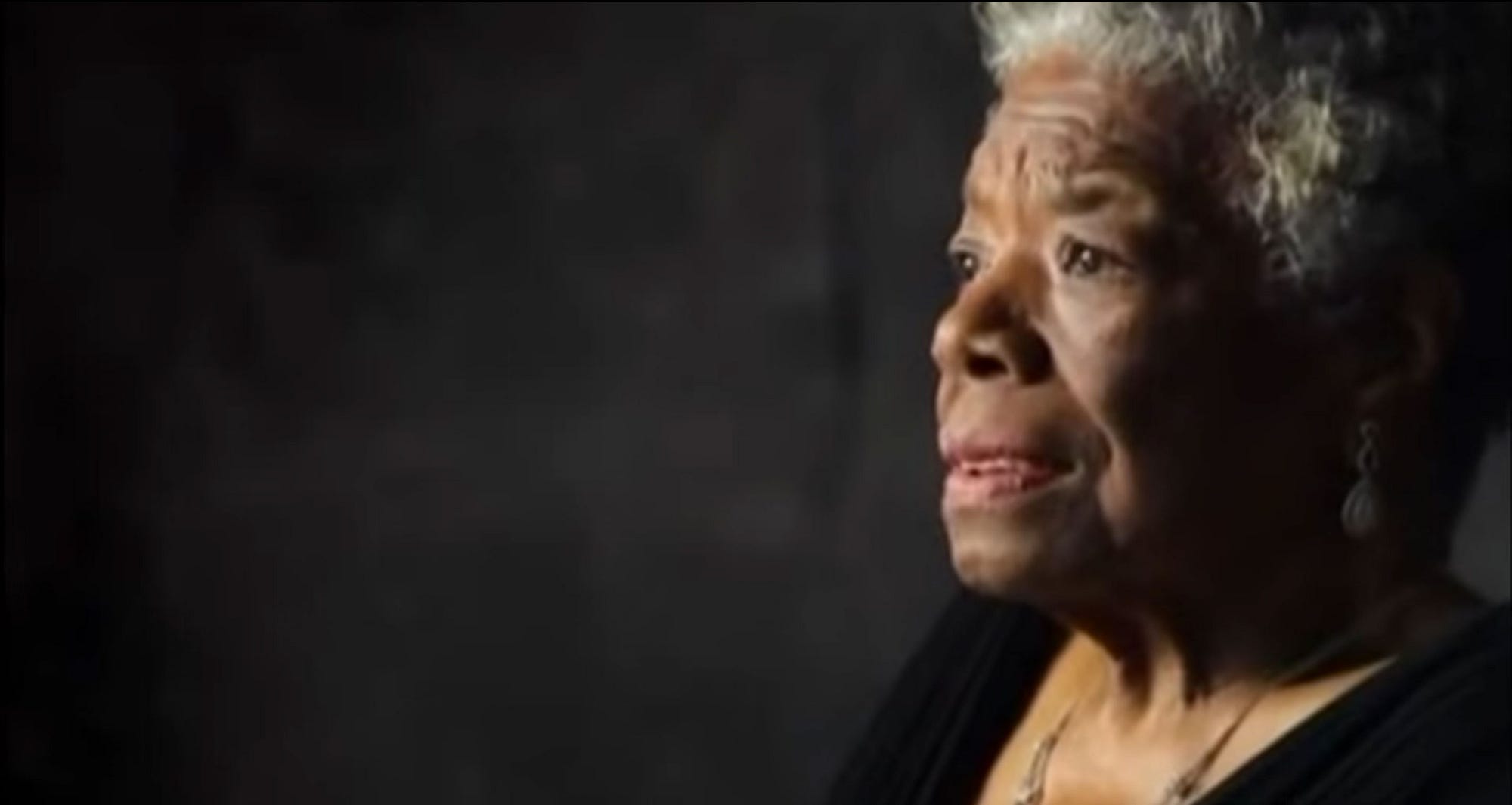

As we move forward into a new era in American history, it will be necessary for us to be positive figures in our communities. The purpose of this blog is to acquire and employ the tools needed to better understand and navigate the world around us through self-reflection and dialogue — so that y’all can stop yelling at each other on social media and learn to respect differences as well as commonalities! The next four years will certainly not be without its challenges, however, we have been met with a unique opportunity to highlight many topics that have been swept under the proverbial rug. With our new blog Sensible Living, we intend to be a catalyst for these provocative conversations.
When approaching any situation that requires you to consider a perspective other than your own, there’s a process that one must go through in order to get the most learning from the experience. We’ve put together a step-by-step approach to help us navigate the process of considering the perspective of another person. Not only for the purposes of getting the most out of this blog but also to encourage you to apply some of these concepts in your lives, and in your communities.
Self Check-In for Sensible Learning
Moving forward, it’s important to be honest with yourself about how much you’re contributing to improve your community. If you are not currently contributing anything meaningful to your community outside of your workplace (all professionals in Education, Social Services, Environmental, Health & Safety industries excluded), then we highly recommend that you get involved so that you will have a credible voice in your community. When you make respected contributions to your community, then you can provide a meaningful and resourceful voice to our national conversation — as opposed to someone who enters into the conversation with only an opinion, but no meaningful contributions to support that opinion.
Questions to ask yourself when trying to understand the perspective of another person — whether you agree or disagree with their perspective:
1. What experiences have I had that are relative to the topic in question?
2. What are my feelings about the topic in question?
3. How did I arrive at these feelings?
4. Is there valid support, cause or evidence for my feelings?
You must answer these questions in order to determine whether or not you are able to [try and] see the world through the perspective of another person. If you find (after answering the questions above) that you are unable to see the world through the perspective of another person, then you must realize that you only have your own insular experience to help you relate to the perspective of another person — regarding the particular topic in question.
Contributing to our national conversation requires us to be citizens of both action and words. If you find yourself relying solely on your own personal experience in a conversation that requires you to consider the perspective of another person, then you must become a listener and allow the other person to become a contributor to your learning. You don’t have to agree, however you must to educate yourself in order to have a frame of reference
You can expand upon your life experience by creating opportunities to learn about other:
· Ethnic backgrounds (races)
· Sexual identities
· Gender
· Politics
· Faiths/Religions
· Ages
· Beliefs
Although social media provides a readily available opportunity for learning, we would encourage you to begin with something a bit more conventional, or in other words — GET INVOLVED (1) Join in a community focus group at your local community center. (2) Get involved in your child’s school or PTA group. (3) Email your local LGBTQ advocates and get involved in a sharing group, or volunteer helping homeless youth. (4) Volunteer in your local senior living communities and help (or talk with) seniors. (5) Contact your local women’s advocates and inquire about sitting in on a focus group. (6) Volunteer with groups that provide resources for the homeless, and those experiencing economic hardship. (7) Research and attend a local service or gathering of a different faith or religion. (8) Attend a local cultural fair or gathering of a different ethnic group. (9) Have a conversation with a colleague, coworker or classmate and learn more about their background. (10) Join in on a social media discussion on any of the above listed options, and be a respectful and kind voice of inquiry.
Once you have created opportunities to learn more about the world around you, and those who share it with you, then you expand your world experience. You may now ask yourself, “What can I take away from these experiences that help me better understand the perspective of another person?”
When you take action, and do your part to better educate yourself about the world around you, it strengthens your voice and impact in our national conversation. You become more than just another person screaming and yelling into the void, ultimately being heard by no one. You become an example of decency, love and respect for yourself and others around you . You become an example of what it means to treat other people the way that you want to be treated. You become an example of what it means to be an American. — and that, my friends, is sensible living.
WRITTEN BY




No comments:
Post a Comment